I recently had the privilege of speaking with Rob Gaudet, founder and director of the Cajun Navy, the group of volunteers who rescued people from the floods in Baton Rouge last year. The Cajun Navy has stepped up to help the victims of Hurricane Harvey as well. These volunteers are helping Louisianans and Texans rebuild.
Rob shared with me the story behind the Cajun Navy and how anyone can get involved in helping those affected by Harvey.
Chris Queen: How did the Cajun Navy get started?
Rob Gaudet: Our current group was the second iteration after the first group of people who helped out after Katrina. We used the term “Cajun Navy” loosely.
This group gelled on social media last year after the flooding in and around Baton Rouge. Tens of thousands of people were displaced, and we wanted to help them.
CQ: What other events have y’all helped with before Hurricane Harvey?
RG: Well, we’re not done with the flooding in Baton Rouge. It has taken a year to recover, and the ones who have needed the longest time to recover are the ones who are most vulnerable. Everyone’s hands are full, and we’ve transitioned resources to help those who need it the most.
CQ: What motivates you and the rest of the Cajun Navy to help others?
RG: We help just because we’re members of a community, and Louisiana culture is so steeped in family and tradition. You’re close to people, so it’s second nature. I mean, helping others is human nature for most everybody, and in Louisiana it’s definitely second nature.
CQ: How do y’all mobilize in response to disasters and other times of need?
RG: Technology – more than anything else. We use a walkie-talkie app and a GPS app, and these work together really well. We can take technology like these and have a command center that’s as good as larger organizations, and it’s totally free!
CQ: What prompted y’all to get involved in rescues after Hurricane Harvey?
RG: One of the biggest things for us was to be able to take the amount of knowledge we’ve learned from the floods in Baton Rouge and apply it in Texas. We have the technology to carry with us that helps us apply that knowledge.
People want to be able to escape, recover, and rebuild, and we have the knowledge to help them do that.
It was so surreal to see this devastation after seeing it last year in Louisiana.
CQ: How did the devastation after Harvey compare with anything you’ve seen before?
RG: It’s tough to compare it to anything – it’s pretty epic. The devastation is on a massive scale, bigger than anything you can imagine.
The hardest part is yet to come as the waters recede and people see what they’ve lost and start to rebuild.
CQ: What surprised you the most about what you saw in Texas?
RG: The swift moving nature of people who got engaged surprised me more than anything. These people are risk takers, and they collaborate well with no drama. There’s an attitude of “we’ll figure it out” when problems and challenges arise.
CQ: How have people in Texas responded to the help y’all have provided?
RG: They’ve been more than thankful. So many of them don’t have other options, and they thought they were alone. There was no other way to save them. It’s so overwhelming.
CQ: If there’s any information or message you could convey to people who haven’t seen the aftermath of Harvey first hand, what would it be?
RG: Get in your car, gas it up, pack a bag and a tent or sleeping bag, and drive to Houston. I’m literally doing it now. I haven’t been yet, but I’m heading there now. We want to spread the word and keep people engaged.
It’s a volunteer problem. Let’s say you have 100,000 houses, and ten people per house. That’s a million people! People don’t realize that it’s a hands-on problem, and we need people with the fortitude to come to Texas and help out.
CQ: How can people – especially those of us who aren’t close in proximity – support y’all?
RG: We started a non-profit organization after the Baton Rouge flooding. We don’t own the term Cajun Navy, and we didn’t coin it. It doesn’t belong to us – in fact, it doesn’t belong to anybody. We thought it would be taking advantage to use that name, so we started the Cajun Relief Foundation. People can go to cajunrelief.org to see what’s going on and donate.
CQ: Thank you for what you’re doing. Our thoughts and prayers are with y’all. God bless you.
RG: Thanks for your time.


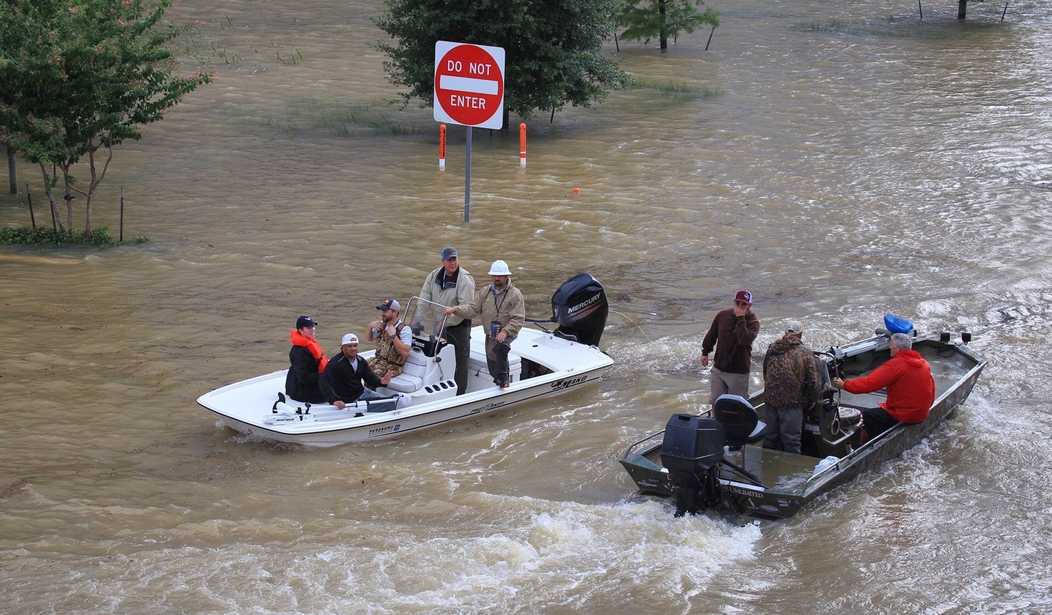
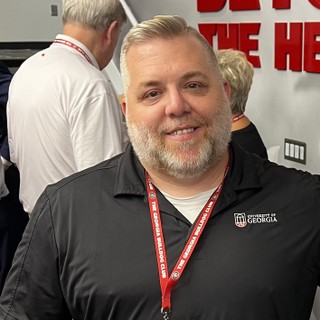
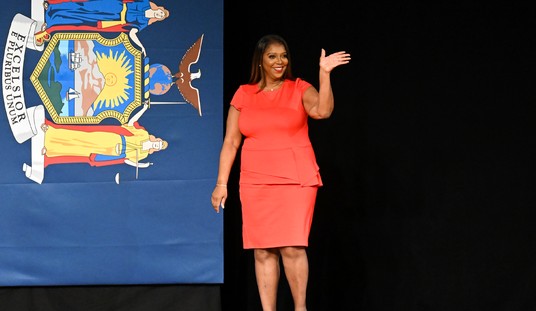
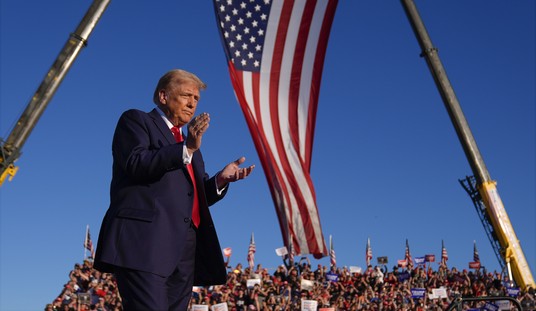

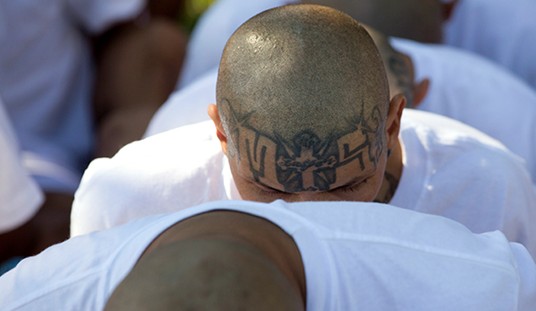

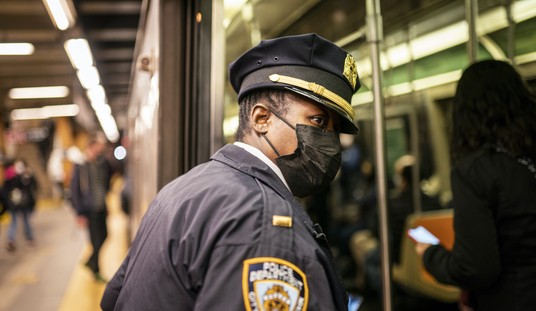
Join the conversation as a VIP Member